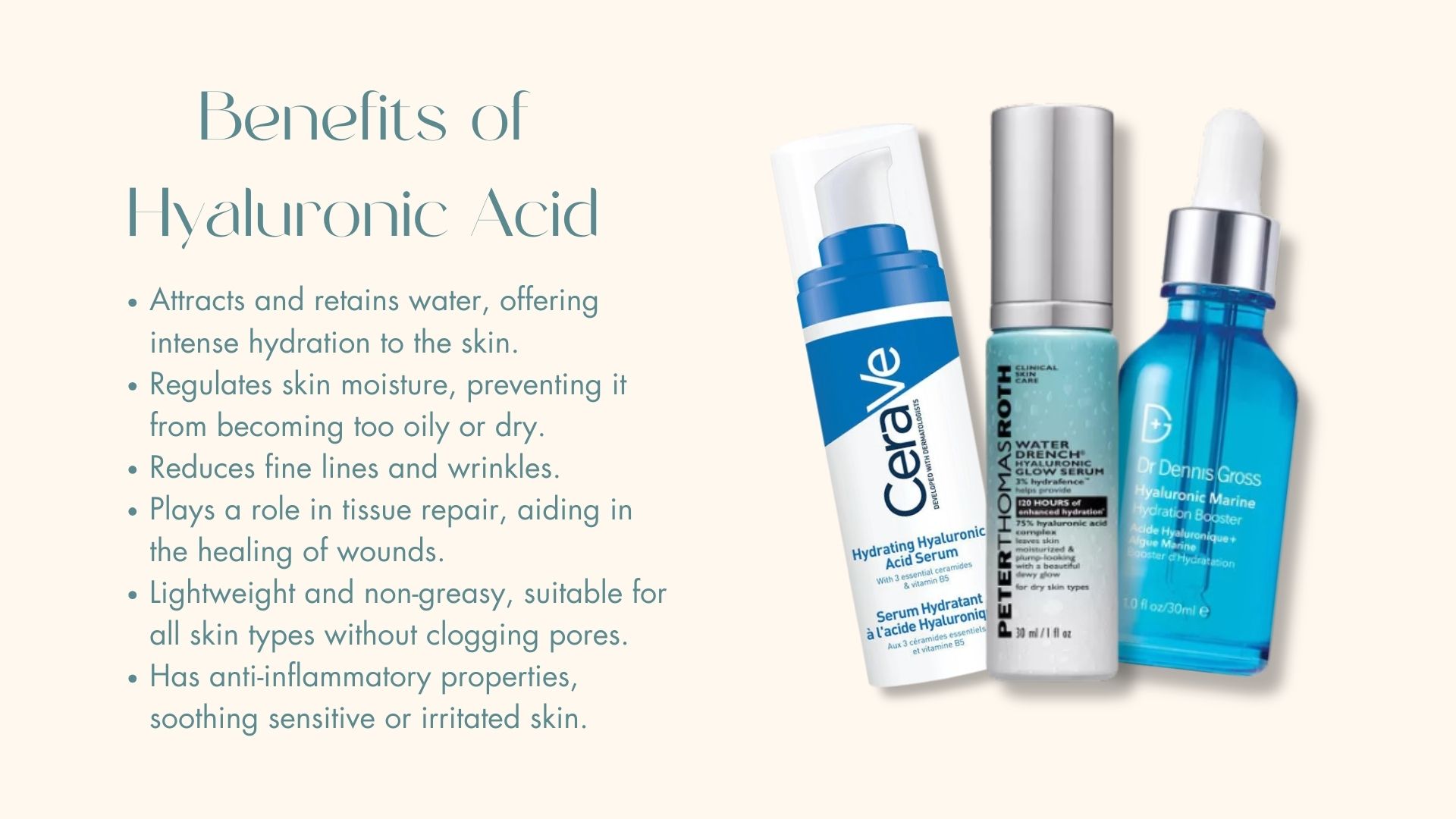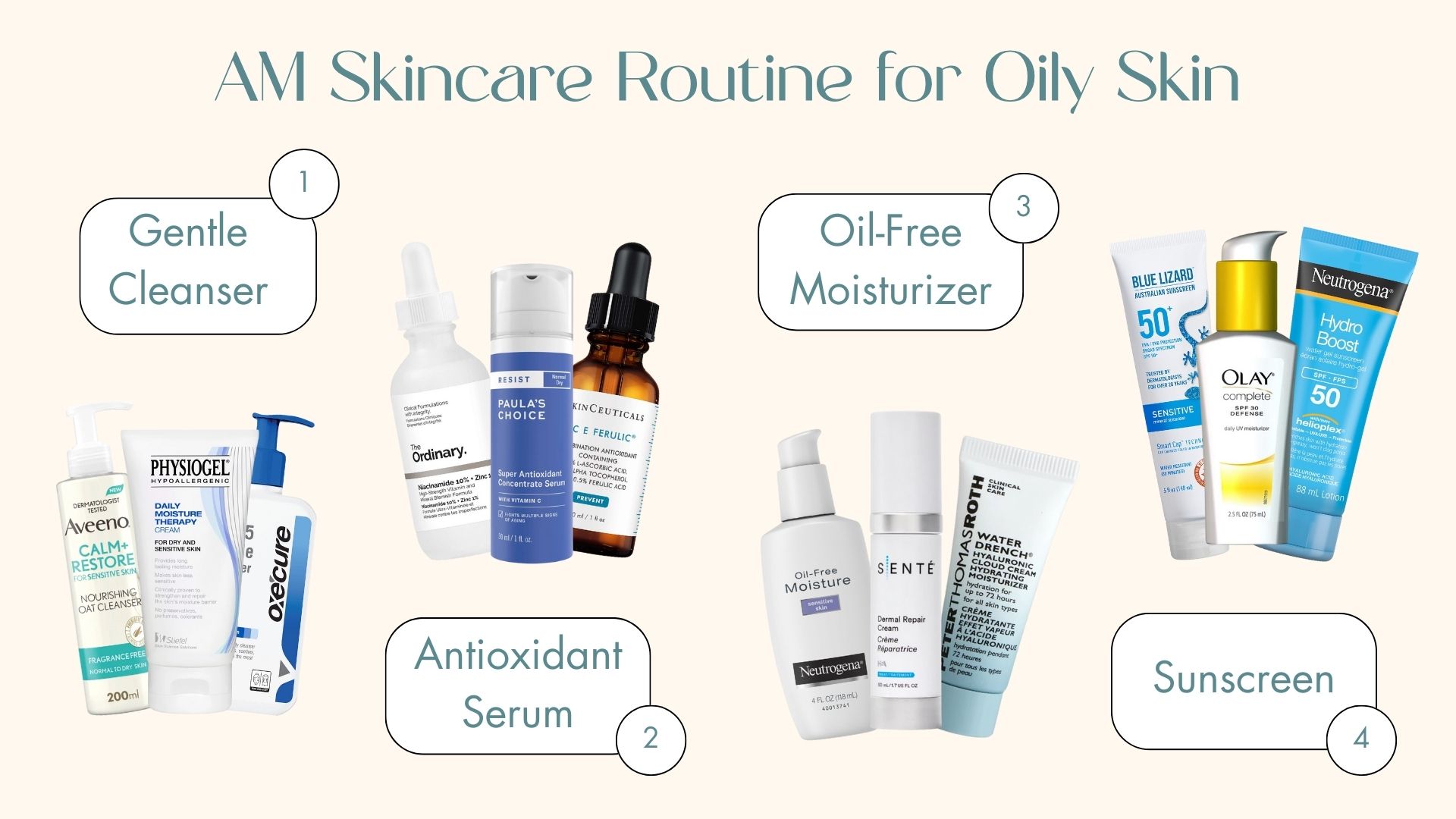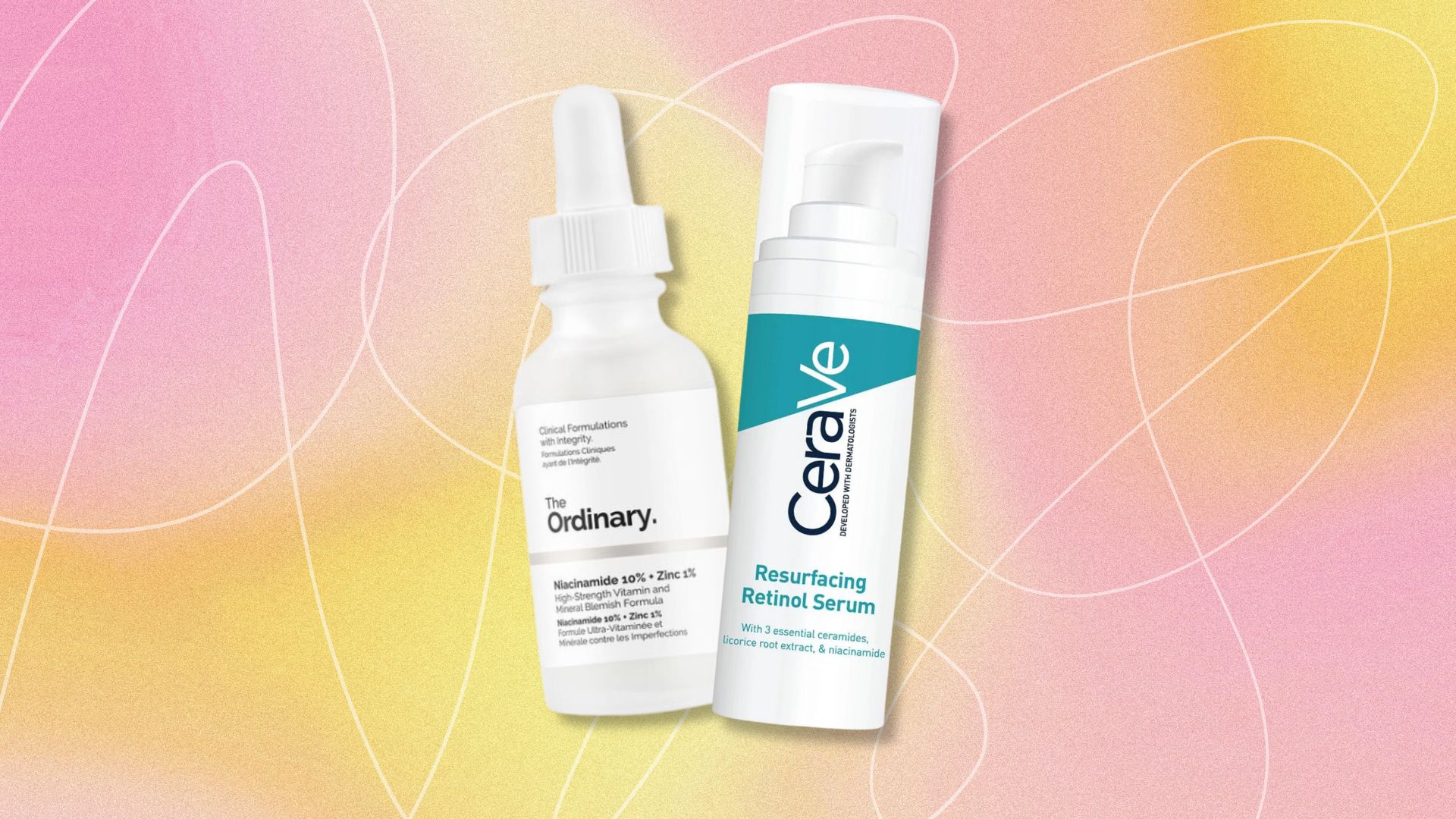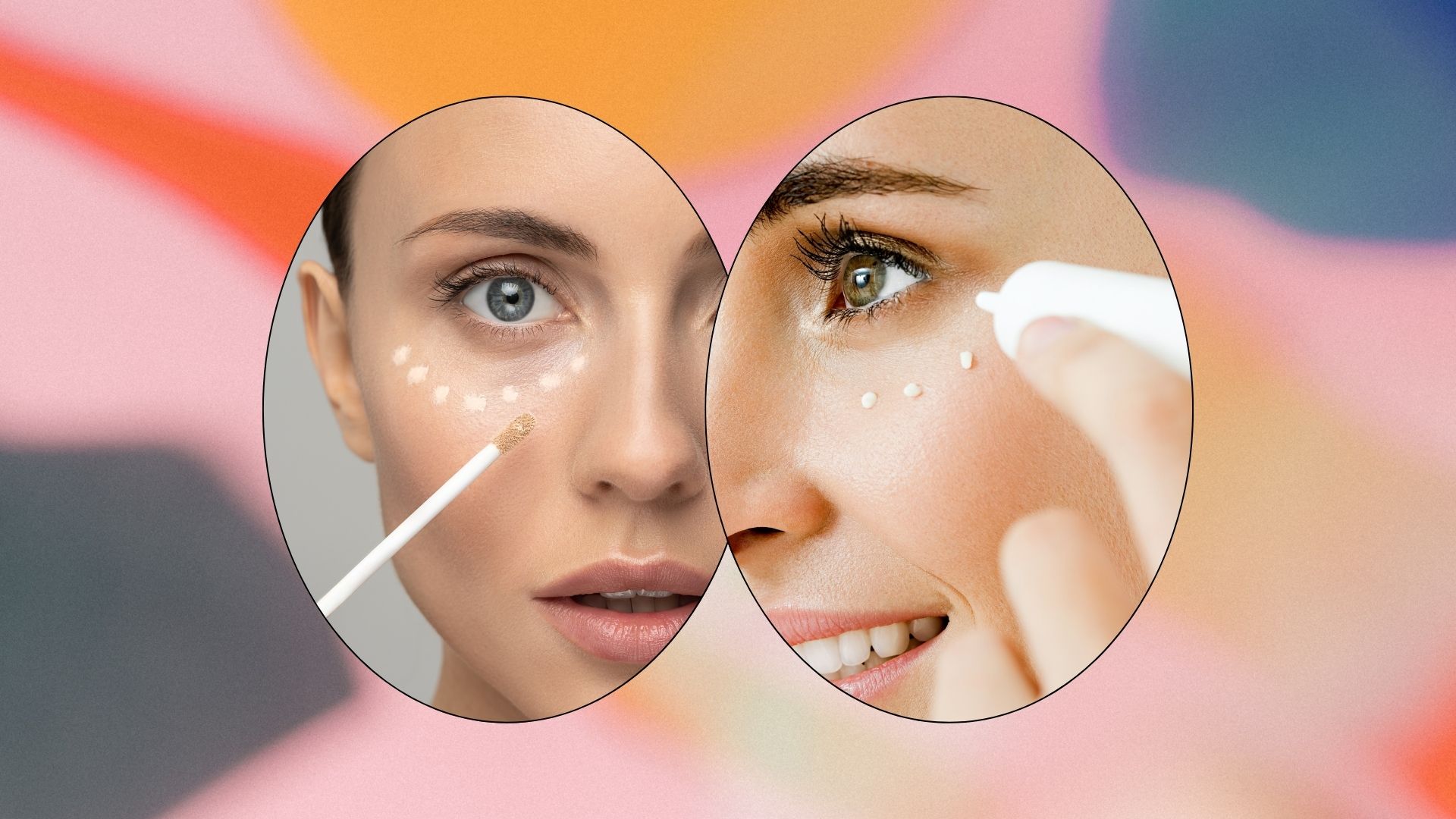Hyaluronic acid skyrocketed in popularity within the skincare world thanks to its unparalleled ability to hydrate and plump the skin. The naturally occurring molecule is a magnet for moisture, capable of holding up to 1000 times its weight in water. Its presence in countless products — from serums to moisturizers — speaks volumes about its versatility and efficacy. But amid its acclaim, a question arises for those navigating the complexities of oily skin: is hyaluronic acid good for oily skin?
In short: Yes, hyaluronic acid does provide benefits to oily complexions. Oily skin types often grapple with the balance between managing excess sebum and maintaining necessary hydration. The assumption that oily skin equates to well-hydrated skin is a common misconception, leading many to skimp on moisturizing products. This is where hyaluronic acid enters the conversation, challenging the narrative with its lightweight, non-greasy hydration.
Understanding Hyaluronic Acid
Hyaluronic acid (HA) is a sugar molecule found naturally in our skin, with the primary function of retaining water to keep tissues well-lubricated and moist. In skincare, HA is lauded for its ability to draw moisture from the environment into the skin, providing hydration without adding oil or heaviness. This hydration is essential for keeping the skin’s surface supple and for improving its overall health and appearance.
Sebum production, though natural, can lead to common issues like acne, enlarged pores, and an unwanted shine when produced in excess. However, contrary to popular belief, oily skin needs hydration just as much as any other skin type. Hyaluronic acid steps in as a hero ingredient by offering hydration that is effective yet lightweight, ensuring that the skin is moisturized without feeling greasy or heavy.

The Myth of Hydration vs. Oiliness
The belief that oily skin does not require additional hydration is a widespread myth that can lead to skincare mistakes, such as over-cleansing and under-moisturizing, which in turn can exacerbate oil production. This misconception stems from the belief that the presence of oil indicates a surplus of moisture. However, oil and moisture are two distinct entities within the skin’s ecosystem; where oil relates to the skin’s sebum production, moisture pertains to water content. Oily skin can, paradoxically, suffer from dehydration if not properly hydrated, which can trigger the skin to produce even more oil as a defense mechanism.
Hyaluronic acid offers a solution to this dilemma by providing the necessary moisture without contributing to the oiliness. Moreover, proper hydration with HA can lead to a reduction in the appearance of pores and a decrease in the overall production of sebum over time, as the skin no longer feels compelled to compensate for dehydration by producing excess oil. This balancing act not only clarifies the skin but also enhances its natural barrier, safeguarding against pollutants and irritants that can exacerbate oiliness and acne.

Benefits of Hyaluronic Acid for Oily Skin
First and foremost, HA’s lightweight hydration is a perfect match for oily complexions, providing the necessary moisture without adding weight or greasiness. This is particularly beneficial as it helps to maintain the skin’s hydration levels without contributing to the common greasy feel associated with many moisturizing products.
As we’ve mentioned before, hyaluronic acid has the capacity to help regulate oil production. By ensuring the skin is adequately hydrated, HA can signal the sebaceous glands to reduce excess oil production, a common issue for oily skin types. This regulatory effect can lead to a noticeable decrease in shine and a more matte complexion over time. Additionally, HA’s hydration supports the skin’s barrier function, improving its resilience against environmental stressors and pollutants that can lead to breakouts and irritation.
Another key benefit is the improvement in skin texture and appearance. Hyaluronic acid can help diminish the look of enlarged pores, a common concern for those with oily skin, by plumping the skin and making pores appear smaller. It also contributes to a smoother skin surface, reducing the visibility of fine lines and wrinkles by filling them with moisture.

FAQ
Can hyaluronic acid help balance moisture levels in skin that’s prone to oiliness?
Absolutely, this moisture-binding ingredient can be beneficial for maintaining hydration levels without adding oiliness or weight. It attracts water to the skin, keeping it hydrated and helping to regulate oil production by ensuring the skin is sufficiently moisturized and doesn’t overcompensate by producing excess oil.
How should hyaluronic acid be incorporated into a skincare routine for those with oily skin?
For those managing shinier skin, hyaluronic acid can be used in the form of a lightweight serum or gel. Apply it to damp skin after cleansing and before moisturizing. This order allows the skin to absorb the hyaluronic acid effectively, locking in hydration beneath your moisturizer without contributing to a greasy feel.
Can using products with hyaluronic acid reduce the appearance of pores?
While hyaluronic acid itself doesn’t directly reduce pore size, by enhancing the skin’s hydration and elasticity, it can help make pores appear less noticeable. Properly hydrated skin can improve texture and firmness, which in turn may make pores appear smaller.
Published by Malcolm Trapp








